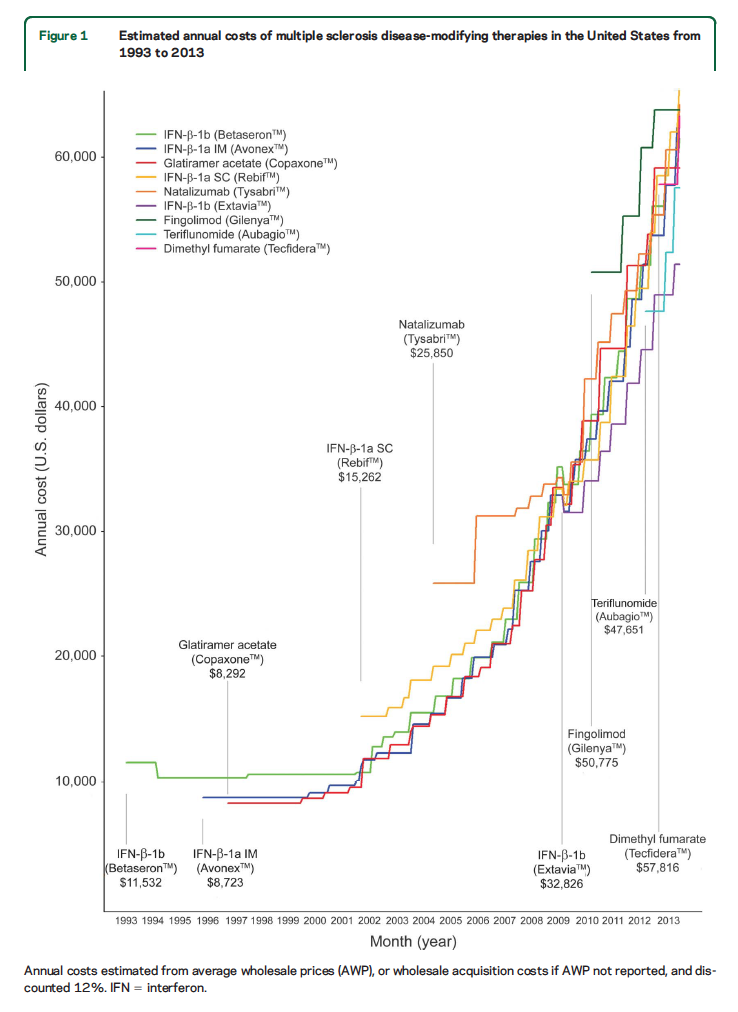As politicians squabble over NHS funding figures, the British Medical Association’s Council has backed the principles of radical legislation which would get the costly ‘market’ out of the NHS
By Allyson Pollock
Our NHS, Open Democracy (U.K.), April 14, 2015
The stated policies of the British Medical Association are to end the market in health care, oppose the purchaser provider split, and to reinstate the Secretary of State’s duty to provide universal health care throughout England.
The BMA has made its position clear – not only in its general election briefings but in full page advertisements where it has declared that its doctors support a “publicly funded, publicly provided” National Health Service.
The BMA has now gone as far as setting out the principles of the legislation it would expect to see after the election.
On 11th March 2015, the BMA’s Council completed its examination of two sets of legislative proposals on the NHS set out in Private Member’s Bills laid before the House of Commons.
The purpose of its examination was to analyse two bills – the NHS (Amended Duties and Powers) Bill, presented by Labour MP Clive Efford and supported by 11 Labour MPs; and the proposed NHS Reinstatement Bill subsequently presented – on 11th March 2015 – as the NHS Bill 2015 by Green MP Caroline Lucas and supported by 11 Liberal Democrat, Labour, SNP and Plaid Cymru MPs.
The BMA Council established a large working group, of which I was a member, to identify which proposals in the Bills were in line with and would further BMA policies.
In response to the reports of that working group the Council unanimously agreed to support legislation which furthers implementation of strong and clear policies of the Association concerning:
- restoration of the Secretary of State’s duty to provide and secure provision of services in accordance with the National Health Service Act 2006 for the purpose of the comprehensive health service that it is his or her duty to promote, and to provide listed services throughout England under section 3 of that Act,
- limits on the Secretary of State’s powers over operational matters and day-to-day running of the health service,
- abolition of the purchaser-provider split, the internal and external market and competition,
- the ending of Private Finance Initiative (PFI) in the NHS,
- the exemption of the NHS from Transatlantic Trade and Investment Partnership (TTIP), and
- the moral unacceptability of the Immigration Health Charge
- ensuring public accountability
- supporting national terms and conditions.
BMA Council also unanimously insisted that where legislation to abolish the purchaser-provider split, the internal and external market and competition involves structural changes the legislation must be implemented in a flexible and devolved way in order to minimize concerns about potential disruption that might result from implementation of those policies.
BMA policy is made by the annual representatives at its Annual Representative Meeting.
The BMA is not alone. The King’s Fund has recognised the ‘disastrous’ impact of the Health & Social Care Act, reporting recently that services are deteriorating faster than at any time since the early ’90s, with waiting lists at a record high, morale low, and GP and mental health services under severe strain.
Another Kings Fund report released in the last month has also set out how without a re-organisation that scraps the autonomous nature of Foundation Trusts, it will be impossible for the NHS to avoid EU competition law (even without TTIP).
There is growing concern too over Osborne’s surprise announcement which would shift £6bn of NHS and social care funding and decision making to the yet to be elected Manchester mayor. Responding to that announcement, Dr Mark Porter, Chair of the British Medical Association, said: “We need assurances on who is responsible if these changes go wrong. Doctors believe the Secretary of State for health should have the duty to provide a universal and comprehensive health service.”
Only legislation will do this. And the principles of what is needed is set out in the NHS Bill 2015, which is the product of over two years work by the Campaign for NHS Reinstatement.
It is highly significant that the BMA has said it will support legislation to support its policies. Now it is up to voters to demand that their candidates support the NHS Bill 2015 and the legislation required to restore the duty to provide in the first Queen’s Speech of a new parliament. There is very little time left.
To contact your parliamentary candidates please visit www.nhsbill2015.org and TAKE ACTION.
Allyson Pollock is professor of public health policy and research at Queen Mary, University of London and was previously Director of the Centre for International Public Health Policy at the University of Edinburgh. She is a leading authority on public health and the implications of privatisation for public services, and the author of NHS plc, on the privatisation of our health care under New Labour.
PNHP note: For a May 2, 2015, update on the campaign for the NHS Bill 2015. including a petition, click here.

